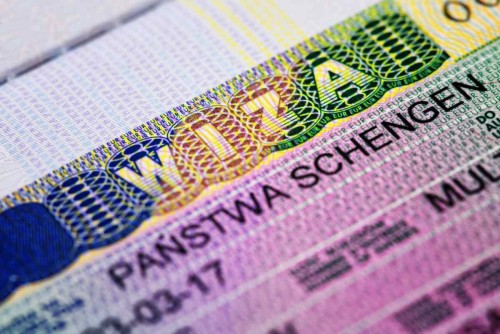
Croatia, a recent addition to the Schengen Area, has undergone notable changes in its immigration
policies, particularly affecting international students seeking to pursue their education within its
borders. This article delves into the intricacies of these visa adjustments and their implications for
students aspiring to study in this picturesque European nation.
Understanding Croatia's Schengen Status:
Croatia's inclusion in the Schengen Area has brought about several changes in its visa policies. As a
Schengen country, it shares a border-free zone with numerous European nations, fostering ease of
travel and increased collaboration among member states. However, these changes also necessitate an
examination of the impact on international students navigating the visa application process.
Impact on International Students:
1. Streamlined Travel within the Schengen Area: With Croatia becoming part of the Schengen
Zone, international students now enjoy the advantage of seamless travel across multiple
European countries. This facilitates cultural exploration and academic engagement beyond
Croatia's borders.
2. Unified Visa Application Procedures: The recent changes aim to standardize visa application
procedures within the Schengen Area. International students benefit from a more cohesive
process, reducing complexity and ensuring a more straightforward application experience.
3. Extended Stay Options: Croatia's Schengen membership potentially extends the duration of stay
for international students. This allows for more extended academic pursuits, language
immersion, and cultural integration without the need for additional visas when traveling within
the Schengen Zone.
4. Enhanced Collaboration with Schengen Nations: The Schengen membership opens doors to
increased collaboration in education and research among member states. International students
in Croatia can now participate in joint programs and initiatives that promote academic exchange
on a broader scale.
5. Updated Documentation Requirements: While the overall process may be streamlined, it is
essential for international students to stay informed about any updated documentation
requirements. This includes proof of enrollment, financial stability, and health insurance
coverage.
Navigating the Changes:
International students aspiring to study in Croatia should proactively engage with these visa changes.
Here are some essential tips for a smooth navigation process:
1. Stay Informed: Regularly check official sources for updates on visa requirements and application
procedures. Stay informed about any changes in policies that may impact your stay.
2. Seek Guidance: Consult with educational institutions, local authorities, or immigration offices to
gain insights into the latest visa regulations. Seek guidance to ensure accurate and up-to-date
information.
3. Plan Ahead: Plan your study abroad journey well in advance, taking into account visa processing
times and any potential delays. Adequate planning enhances your chances of a hassle-free
experience.
As Croatia embraces its role as a Schengen country, international students should approach the visa
application process with a keen awareness of the recent immigration policies. Navigating these changes
thoughtfully ensures a smoother transition into the rich academic and cultural tapestry that Croatia, and
the broader Schengen Zone, has to offer. Stay informed, plan diligently, and embark on your educational
journey with confidence in the evolving landscape of Croatian immigration policies.